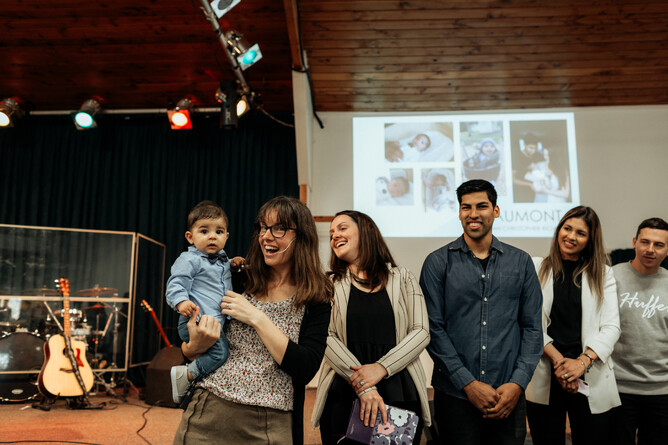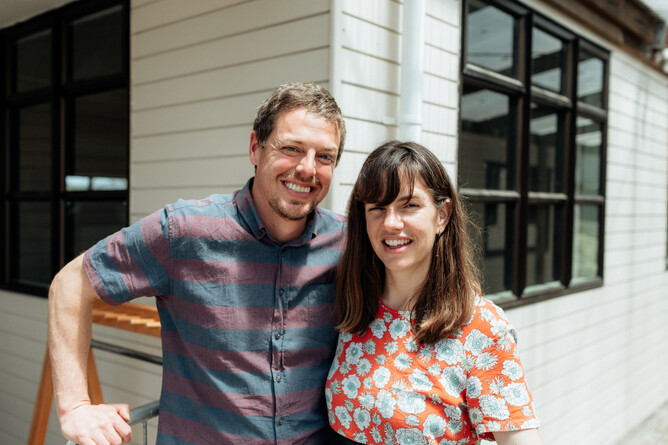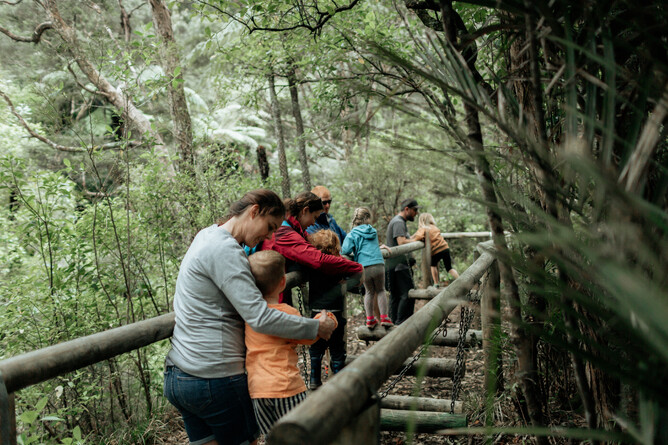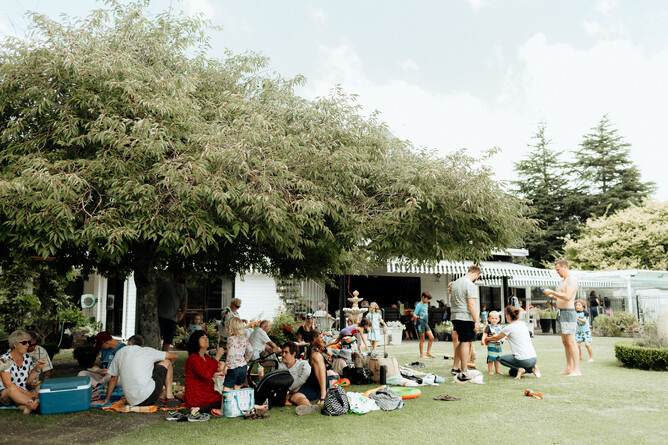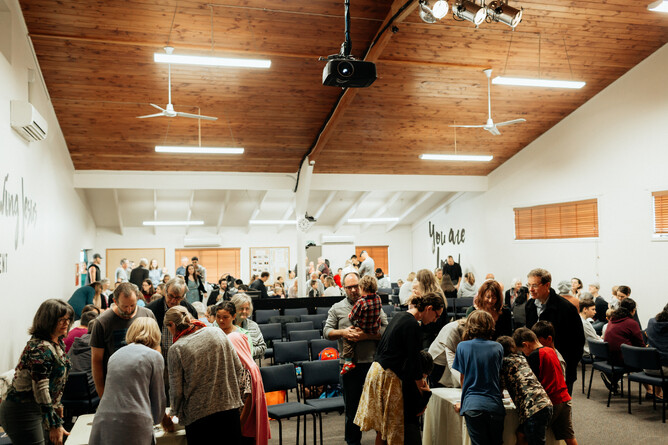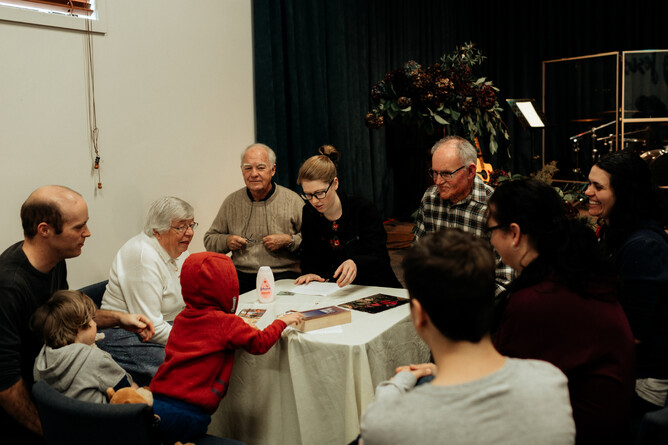Angie and Dave Wiggins have been serving as Children and Families Pastors at Massey Community Church (MCC) in Auckland for the past year. Their heart is to develop a culture of seeing church as a family, says Angie:
“Research talks about how a child’s faith is engaged on all levels with an intergenerational faith community that impacts faith going on to adulthood—serving alongside, talking with, and worshipping together as multiple generations strengthens the body as a whole.”
Culturally, we’re comfortable with dividing the generations by age and stage, and this has some benefits, says Angie: “It’s important for kids to be with one another, to have a sense of developing their own ‘tribe’ or community. There’s rich belonging with and to each other that happens as kids discover God together."
We can fall into the trap of thinking that success means high numbers in our programs, rather than how our church as a whole is growing together in Jesus. When we do come together as generations it might be messy, noisy or awkward.
“There may be a temptation to think, ‘I’m not learning anything, this is for the children’ when coming together as all ages,” says Angie, “often people need to see that coming together as an intergenerational church is going to be a good thing—that adults and children can experience God together and learn from each other.”
Telling stories of how God is at work is an important responsibility and role for older people to play with children and young people, says Dave: “We’ve been trying to encourage people that to rally around children and young families helps them continue to find and know deep belonging as members of the family of God. Part of faith is to pass down faith to younger generations, it is not that kids ‘get in the way’, but that we are part of a community together. Church is people, not programs.”
Not every Sunday at MCC looks the same; sometimes the kids are in for the first 15 minutes before heading out to a separate kids’ program, other weeks it looks a little different. “Every three weeks we do ‘celebrations’ as a whole church body, where people get up and say what they’re celebrating,” says Angie, “often it’s the kids leading the way—and it helps the whole church to get to know each other and pray for each other.”
MCC also have ‘Ako’, the Māori term for ‘learning together’, which might be a whole Sunday or a specific slot in a service where there is an intergenerational faith activity. During a recent series on the Psalms the whole church reflected together on Psalm 36, writing and discussing their responses as a group. “Another Sunday we hid verses to a prayer along with a chocolate under chairs,” says Dave, “as people found the different lines they prayed together about how God is good.”
Our culture is more likely to place higher value on what adults can teach children, rather than on how adults can learn from and alongside children—this impacts the way we view intergenerational activities.
Angie loves the creativity and enthusiasm of children in worship: “Without the constraint of rote learning there is so much room for creativity in kids’ ministry.” She says. “When we first began talking about how we could be more bi-cultural it was the children that led the way for our church, especially in singing and dancing in Te Reo Māori, which came naturally to them. I’ve noticed a similar thing when it comes to including those with disabilities—in a children’s ministry setting the children have to find a way to include others, whereas the same people might be easily ignored in adults’ ministry.”
Story by Sophia Sinclair.
